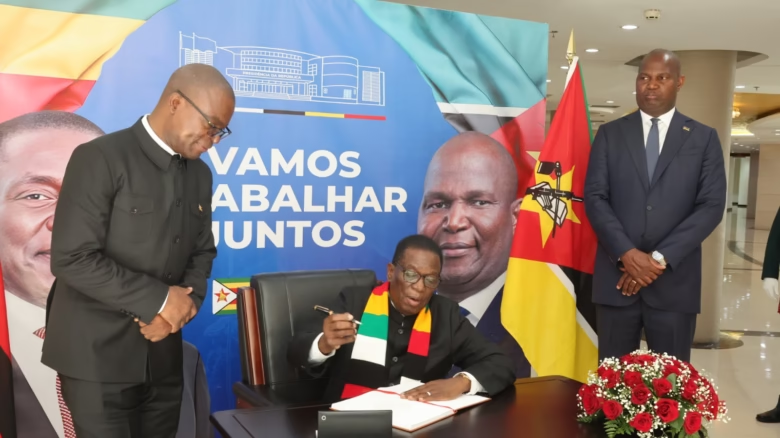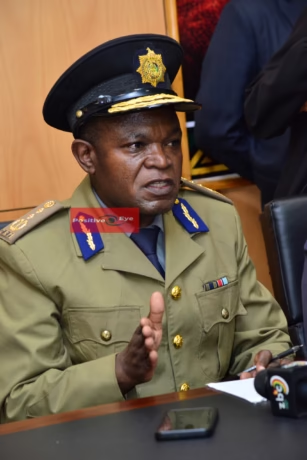
The Government’s decision to temporarily shelve the implementation of Zimbabwe’s wealth tax underscores both the ambition and complexity of its fiscal reform agenda, raising questions about capacity, compliance, and the balance between equity and feasibility in revenue collection.
The tax, introduced as part of wide-ranging measures to broaden Zimbabwe’s revenue base, was designed to compel high-net-worth individuals to make a greater contribution towards national development. By targeting assets such as real estate, shares, and investments, Treasury had hoped to address wealth disparities while unlocking additional resources for social services and infrastructure development.
Yet, despite its stated benefits, the policy has stalled before collection could begin. Finance, Economic Development and Investment Promotion Deputy Minister Kudakwashe Mnangagwa told Parliament that administrative modalities are still being refined, including mechanisms for identifying, valuing, and monitoring taxable wealth. He stressed that repealing the law would only delay progress, suggesting that legislative amendments and clearer guidelines will be presented before implementation resumes.
The hesitation reflects deeper structural concerns. Experts have long argued that the Zimbabwe Revenue Authority (ZIMRA) lacks the technical capacity and systems needed to properly evaluate wealth holdings in a transparent and consistent manner. Without robust monitoring, they warn, the tax risks falling prey to loopholes, selective enforcement, or outright evasion, undermining both fairness and revenue targets.
Globally, wealth taxes are a controversial but increasingly popular tool among governments seeking to reduce inequality. In Europe and parts of Latin America, they have helped redistribute resources, albeit with mixed success due to challenges of enforcement and capital flight. Zimbabwe’s attempt mirrors these global debates, where the moral imperative of taxing wealth is often met with the practical difficulties of implementation.
Domestically, the suspension also signals Government’s cautious balancing act. On one hand, the tax promises to demonstrate commitment to equity and fiscal sustainability by ensuring that the wealthiest shoulder a fair share of the burden. On the other, the current pause suggests a recognition that poorly designed or rushed execution could erode confidence, spark resistance among investors, and ultimately weaken compliance.
Political dynamics also surfaced during the debate. Emakhandeni-Luveve legislator Collins Bajila questioned whether the law should be repealed altogether given that no revenue has yet been realised. But the Deputy Minister maintained that repealing and reintroducing it would only waste legislative time, reiterating that Government’s intention remains unchanged.
As the country continues to search for sustainable revenue streams, the wealth tax remains a potential but uncertain instrument. Its eventual rollout will depend not just on administrative clarity but also on broader trust between the State and its citizens—a trust that hinges on transparency, fairness, and demonstrable reinvestment of collected funds into national development.
The pause may therefore provide Government with a critical window: to strengthen institutional capacity, refine legislation, and build consensus. But until those conditions are met, the wealth tax remains more of a policy statement than a functional fiscal tool.




